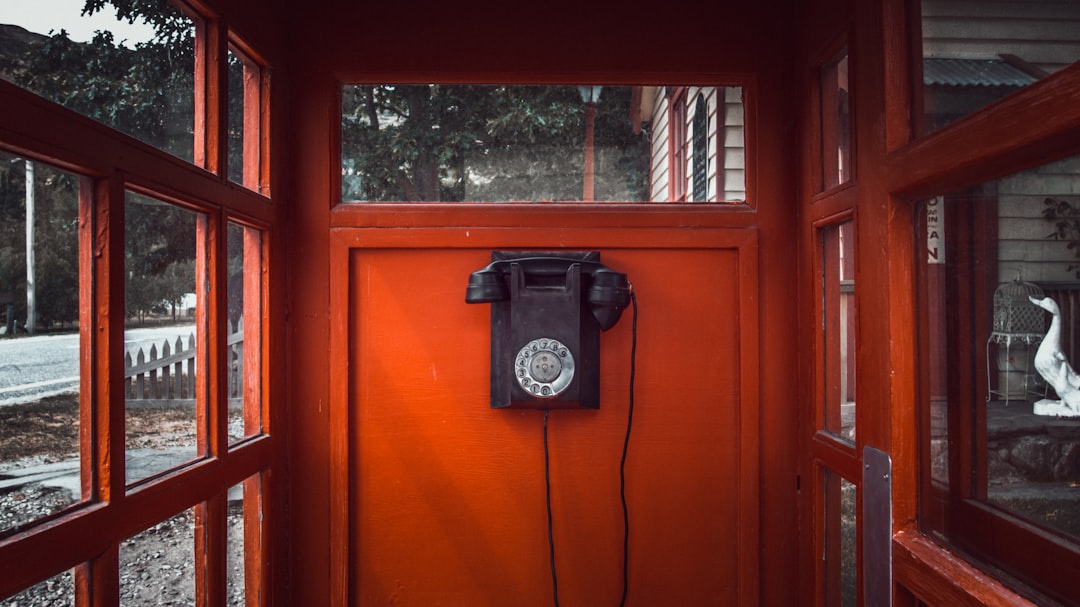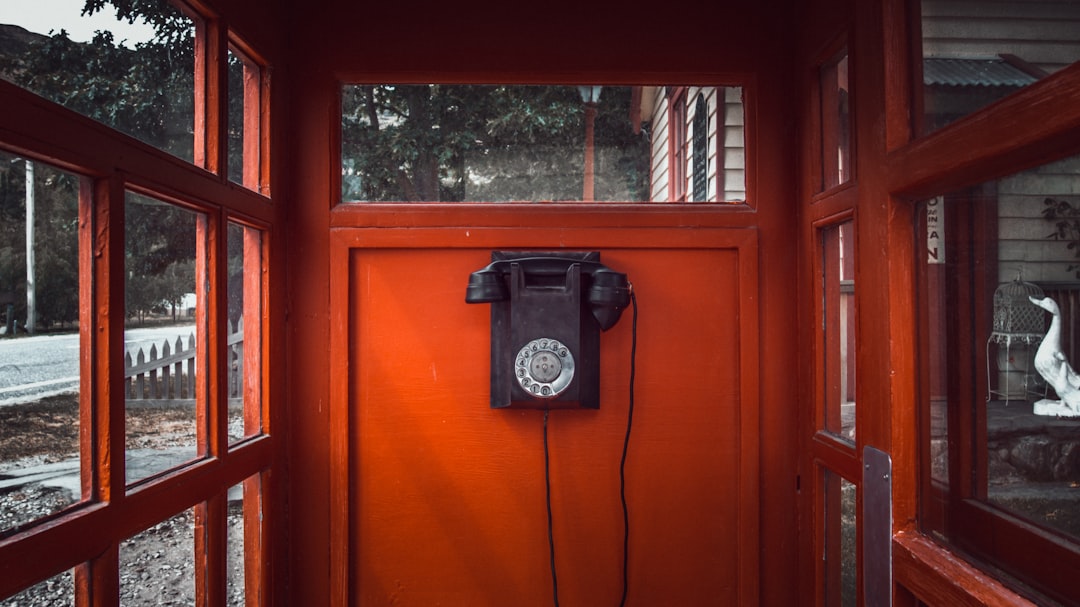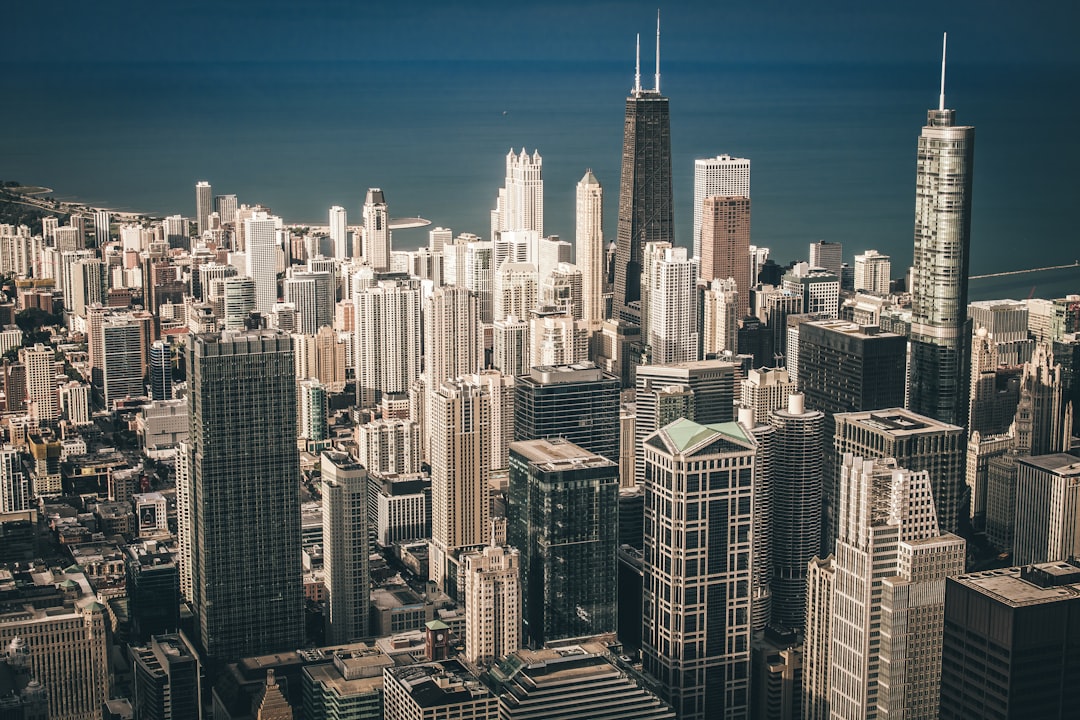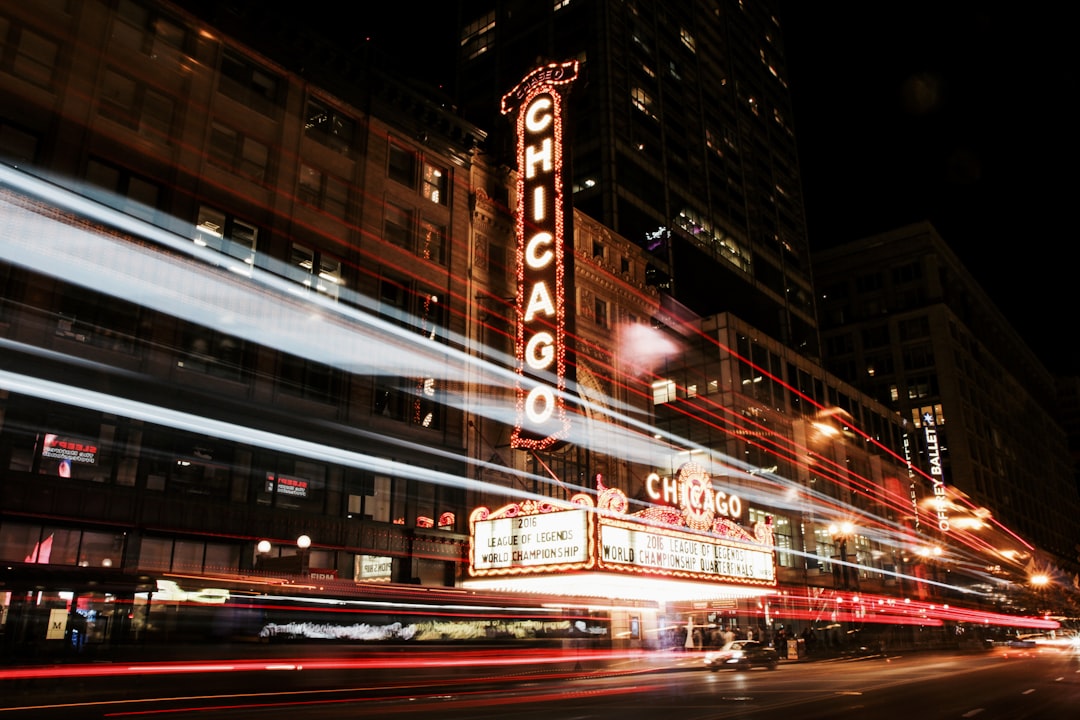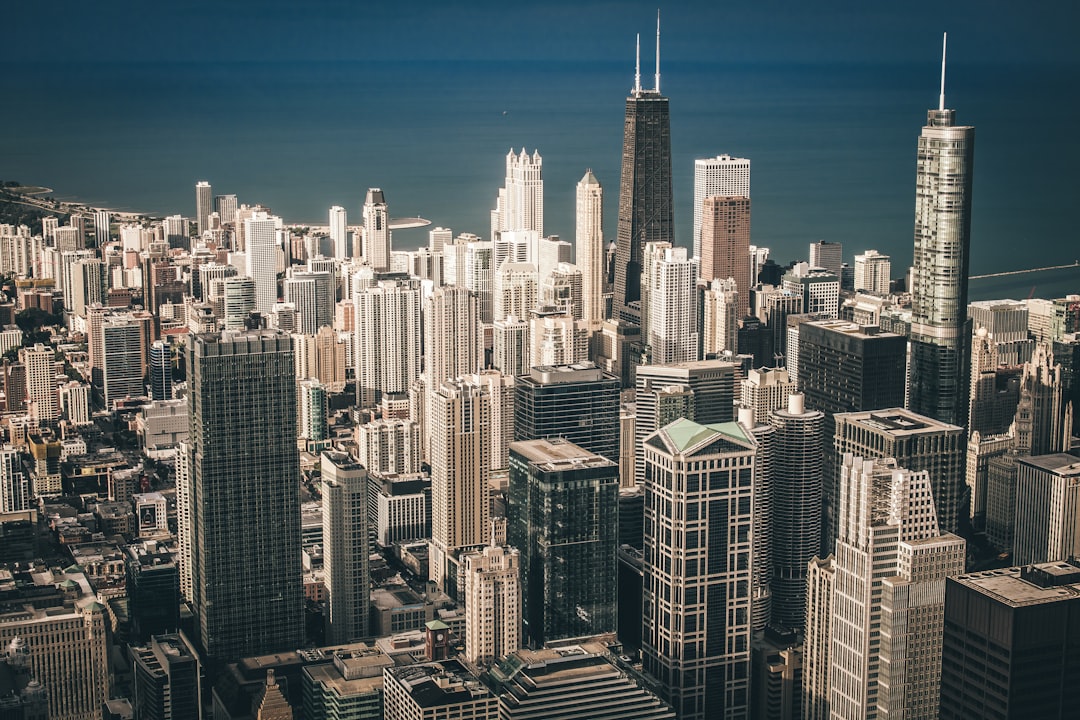Chicago's "No Call Laws" protect residents from intrusive telemarketing by mandating explicit consent. Advocacy groups play a crucial role in enforcing these laws through education, organization, and lobbying, fostering a transparent marketing environment. By collaborating with authorities, leveraging technology, and promoting stricter penalties, these groups enhance law effectiveness, benefiting both residents and businesses by reducing unwanted calls and improving consumer relationships.
“In an urban hub like Chicago, where bustling activity never ceases, the need for effective ‘No Call’ laws is paramount. This article explores how advocacy groups are instrumental in strengthening these regulations, which aim to protect residents from unwanted telemarketing calls. We delve into the strategies and impact of their efforts, highlighting the importance of community unity in creating a more peaceful urban environment. By examining Chicago’s unique context, we uncover insights into enhancing enforcement, ensuring compliance, and measuring the positive effects on both residents and businesses.”
Understanding Chicago's No Call Laws: A Framework

In the vibrant city of Chicago, “No Call Laws” serve as a cornerstone of consumer protection, limiting unsolicited phone marketing and preserving residents’ peace of mind. These laws are designed to prevent unwanted calls from telemarketers, debt collectors, and other commercial entities, giving Chicagoans control over their communication preferences. Understanding this framework is essential in recognizing the importance of advocacy groups in its enforcement.
Chicago’s No Call Laws establish a clear set of rules and regulations, stipulating that businesses must obtain explicit consent before initiating phone calls for promotional purposes. Advocacy groups play a vital role by monitoring compliance, educating the public about their rights, and pushing for stricter enforcement. They organize campaigns, conduct research, and collaborate with regulatory bodies to ensure these laws remain robust, thereby fostering a more transparent and less intrusive marketing environment for Chicago residents.
Advocacy Groups: Uniting Communities for Change

Advocacy groups play a pivotal role in strengthening No Call Laws in Chicago by uniting communities to advocate for change. These organizations, often driven by passionate individuals, serve as a collective voice for residents seeking to curb unwanted phone solicitations. Through grassroots efforts, they educate citizens about their rights and the importance of adhering to these laws, fostering a culture of responsible communication practices.
By organizing awareness campaigns, hosting community meetings, and lobbying local officials, advocacy groups can influence policy decisions related to No Call Laws in Chicago. Their collective action ensures that the needs and concerns of residents are heard, leading to more stringent regulations and penalties for violators. This collaborative approach not only empowers individuals but also creates a network of support, ultimately enhancing the effectiveness of No Call Laws in protecting Chicagoans from intrusive marketing practices.
Strategies to Strengthen Enforcement and Compliance

To strengthen enforcement and compliance with No Call Laws in Chicago, advocacy groups can play a pivotal role. They can collaborate with local authorities to develop more robust monitoring systems, leveraging advanced technologies for efficient tracking and identification of violators. Public awareness campaigns are another effective strategy; educating residents about the laws’ importance and consequences can significantly reduce unauthorized calls.
Moreover, these groups should push for stricter penalties and incentivize compliance. This could involve advocating for higher fines or legal repercussions for violations, as well as offering incentives for businesses that strictly adhere to the No Call Laws. By combining technological advancements, public education, and policy reform, Chicago can create a more effective framework to protect residents from unwanted telemarketing calls.
Measuring Success: Impact on Residents and Businesses

The success of advocacy groups in strengthening No Call Laws in Chicago can be measured by evaluating its impact on both residents and businesses. For residents, a significant decrease in unwanted phone calls has been observed since the implementation of stricter regulations. This change has led to improved quality of life, reduced stress levels, and better sleep patterns, as reported by numerous participants in local surveys. Many residents now feel more in control of their personal communication, leading to enhanced peace of mind.
On the business front, the impact has been equally profound. Chicago’s No Call Laws have resulted in a substantial decline in telemarketing calls, allowing businesses to focus on legitimate customer outreach strategies. This shift has encouraged companies to adopt more ethical and effective marketing practices, fostering healthier consumer relationships. The laws have also empowered businesses by giving them the freedom to manage their own communication channels without unnecessary interruptions, contributing to overall operational efficiency and improved customer satisfaction.

